Follow our live blog below for key highlights and knowledge shared ahead of Finished Vehicle Logistics North America 2024. We will be live blogging the event, which you can still register for here, but in the meantime look out for news and features that will add to the insight, data and quotes from the automotive experts who will be discussing how they are disrupting the status quo, and raising performance through innovation, flexibility and partnerships on stage next week.
20 May
On Wednesday, Raúl Gamboa, head of Logistics, Production Control and Production Systems, BMW Group Plant San Luis Potosí will take to the main stage to discuss redesigning Mexico’s vehicle logistics to improve the North American network.
BMW Group has been utilising a new network strategy, as well as technology and tools, to manage disruption, secure capacity and plan ahead for a more sustainable outbound supply chain - something its heads of global vehicle distribution recently spoke to Automotive Logisitcs about.
Eugen Schantini and Thomas Wiech are responsible for BMW Group’s entire outbound transport network and believe it is important to know the location of every single vehicle in the network.
Read the full feature with Schantini and Wiech here.
17 May
It’s only four days until FVL North America 2024 officially kicks off!
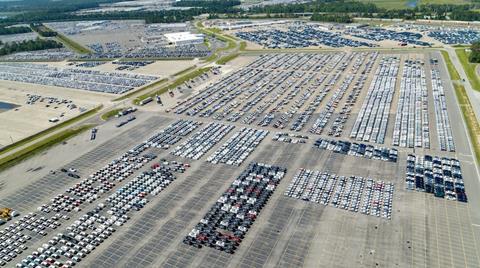
Whether you’re attending in person (there’s still time to register here) or planning to follow along with our blog, you can prepare for the event by getting up to date on the quickly evolving negotiations for rail workers in Canada. Threatened strike action could see North American FVL majorly disrupted, but as of today, Canadian Pacific Kansas City is resuming negotiations with Teamsters Canada Rail Conference union today in an effort to achieve a new collective agreement. Follow the latest news here.
Other modes of transport for FVL in North America haven’t been smooth sailing either, with recent disruptions having affected ports and congestion, culminating in March with the Baltimore bridge collapse. However, as our annual review of activity at the top-performing vehicle ports shows, that has only tested the mettle of agile cooperation between ports and inland logistics providers.
Read the full annual ports review here
15 May
Lisa Kline, vice-president of vehicle planning and logistics, Subaru of America will be joining us on the main stage on day one of the conference this year to discuss how vehicle logistics needs to be re-imagined and why manufacturers and logistics providers must disrupt the status quo to raise the network’s performance.
Kline, who was appointed to the role in April last year, has been working to lead Subaru of America’s logistics team to more success through a balanced logistics and distribution network design. She previously spoke to Automotive Logistics about the importance of the carmaker’s long-term relationships with its suppliers and logistics providers, and the ethos of the Subaru Love Promise that extends across the supply chain and production.
Subaru’s vehicle logistics and distribution network design is one factor that likely supports its stable and reliable operations. Out of the OEM’s yearly volume of roughly 675,000, 337,000 are imports and 338,000 are produced domestically at the carmaker’s plant in Lafayette, Indiana, run by Subaru of Indiana Automotive (SIA). The carmaker’s import ports are evenly spread throughout the country, for example, helping it to balance distribution flows. It exports around 50,000 units out of Indiana per year and serves 639 retailers across the US.
Subaru also has an almost 50/50 split across rail and road shipping, with 52% of vehicles shipped by railway and 48% in truck volume. “It’s very unique that those volumes are so close to one another right now,” said Kline.
15 May
In May this year BMW started shipping the new Mini Countryman, including its battery electric versions, from its Leipzig plant in Germany to the dealer network in Mexico. BMW began producing the combustion-engine Countryman at the Leipzig plant in November last year and in March this year added production of the EV in two versions – the Countryman E (150 kW) and the more powerful all-wheel Countryman SE ALL4 (230 kW).
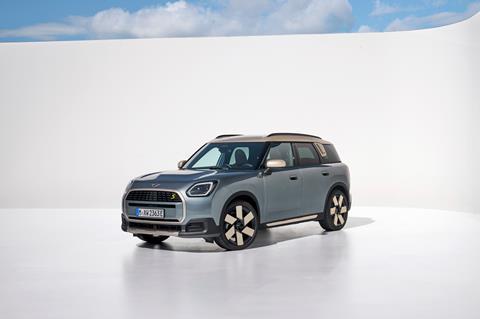
Arturo Orenday, director of Mini Latin America said that Mexico is the country that sells the most Minis in the Latin America region.
Along with other BMW exports to Mexico, the Minis are being taken by rail to the German port of Bremerhaven for export and delivered through the Mexican port of Veracruz. The cars are being distributed by truck from the compound at Santa Rita near the port to the respective dealers.
At the same time, BMW is taking its ‘local for local’ approach to manufacturing and supply chain to Mexico and has started construction on an 80,000 sq.m battery manufacturing facility next to its assembly plant in San Luis Potosi. The plant is due to start making the Neue Klasse electric sports activity vehicle there from 2027. The carmaker has not confirmed whether Mini electric vehicles join the production line at any point.
The San Luis Potosi plant currently builds the BMW 3 Series sedan for the global market, and is the exclusive production site for the BMW 2 Series Coupe and BMW M2. BMW said it currently had no plans to build the Mini Countryman in Mexico.
14 May
Next week’s Finished Vehicle Logistics North America conference in Huntington Beach, California will kick off with an opening session focused on reimagining the finished vehicle logistics network to enhance performance in the face of capacity shortages on land and sea. Ahead of that, Christoph Seitz, global vice-president for finished vehicles at DP World, has revealed a new service that DP World is providing for carmakers exporting vehicles from Mexico to the US and Canada.

Following initial volume shipments in the first quarter of 2024 for a major OEM, from June DP World will be providing an intermodal rail service for containerised car shipments between Mexico, the US and Canada. The port terminal and inland logistics provider is using 16-metre (53ft) containers with racking systems in answer to the ro-ro and multilevel rail-capacity shortage for vehicle shipments in North America.
The 16-metre containers, which are common for general freight shipments in North America, will use special racking systems that can accommodate six vehicles per container for smaller passenger cars, compared to the four maximum that can be shipped in a standard 12.2m (40ft) container. Seitz said that enhances efficiency and reduces costs for OEM customers. DP World said it is the only logistics company currently providing the intermodal 53ft container solution for finished vehicles.
At the conference next week Seitz will be joined by Ford’s Paul Rooson vehicle logistics planning manager for North American vehicle logistics, Lisa Kline, vice-president of vehicle planning and logistics at Subaru of America, and Sean Baltazar, senior vice-president of sales at RPM.
Read more about the new DP World service
13 May
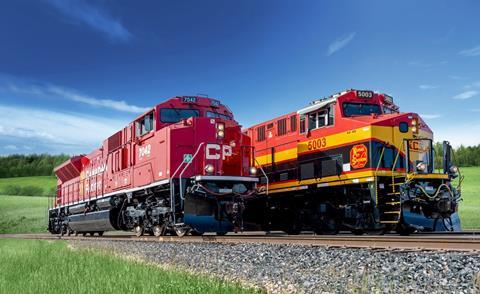
As we begin the countdown to Finished Vehicle Logistics North America 2024, taking place in Waterfront Beach Resort, Huntington Beach, California from 21-23 May, Automotive Logistics will share news and features that will tie into discussions on the main stage and feature some of the experts that will speak at the event, keeping you in the loop and armed with topics to discuss while networking in sunny California!
During the conference, we will hear from Raúl Gamboa, head of logistics, production control and production systems at BMW Group Plant San Luis Potosí and Steve Jernigan, senior director of supply chain management, Nissan North America, among others, about the importance of rail investment, particularly as Mexico becomes an increasingly strategic region for FVL.
Rail providers are looking at mergers and acquisitions, investing in infrastructure and digital technology, and collaborating on efficiency gains and network design, including with providers of road freight services to improve the sector’s efficiency. Automotive Logistics took a deep dive into how Class 1 rail providers are responding to demands on capacity, by working collaboratively and investing in technology and infrastructure for a more sustainable vehicle deliver network in North America.
Finished Vehicle Logistics North America 2024 takes place 21-23 May in Waterfront Beach Restort, Huntington Beach, California.
At the event, experts will address the key issues and opportunities in the FVL sector including combating the capacity crunch across rail, road and sea, harnessing data and analytics to make real-time improvements to network planning and operations, turning EV planning into reality, balancing investment and partnerships for decarbonisation strategies and re-imagining partnerships across the vehicle logistics supply chain.
Topics
- ALSC Live recordings
- Digitalisation
- Editor's pick
- Electric vehicles
- Emergency logistics
- Finished vehicle logistics
- Interviews
- Inventory management
- Logistics service provider
- News
- News and Features
- North America
- OEMs
- People
- Policy and regulation
- Ports and processors
- Purchasing
- Rail
- Road
- Shipping
- Supply chain management
- Sustainability
- Technology service providers
- Top stories
- Track-and-trace
- Trade & Customs





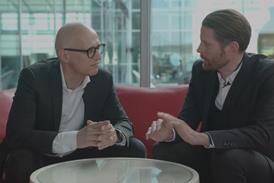
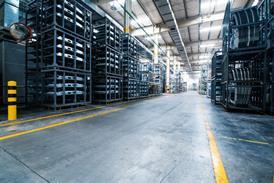
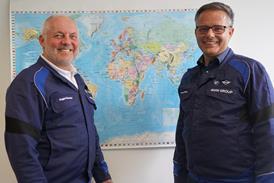
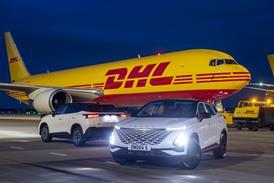


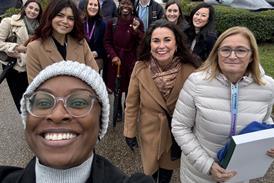


![Global[1]](https://d3n5uof8vony13.cloudfront.net/Pictures/web/a/d/s/global1_726550.svgz)
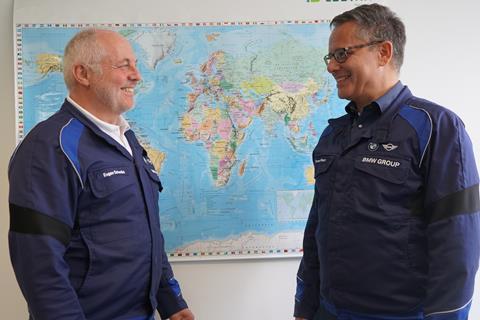

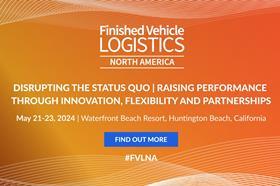
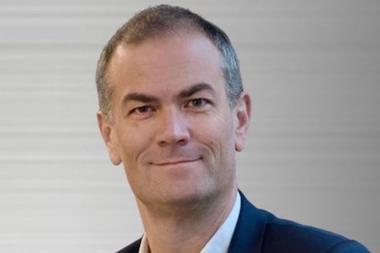
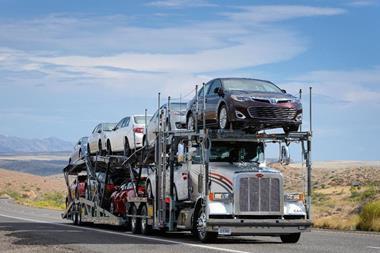
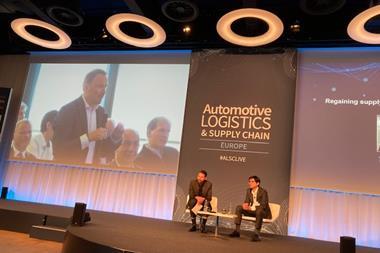
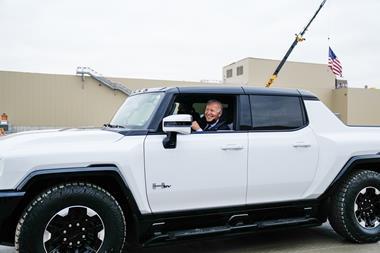
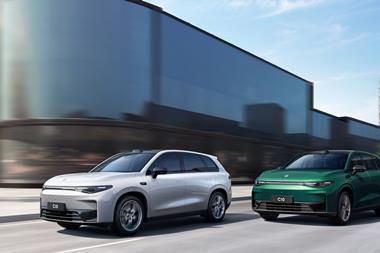
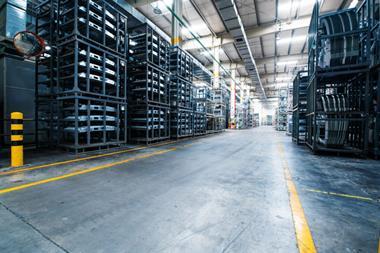



No comments yet